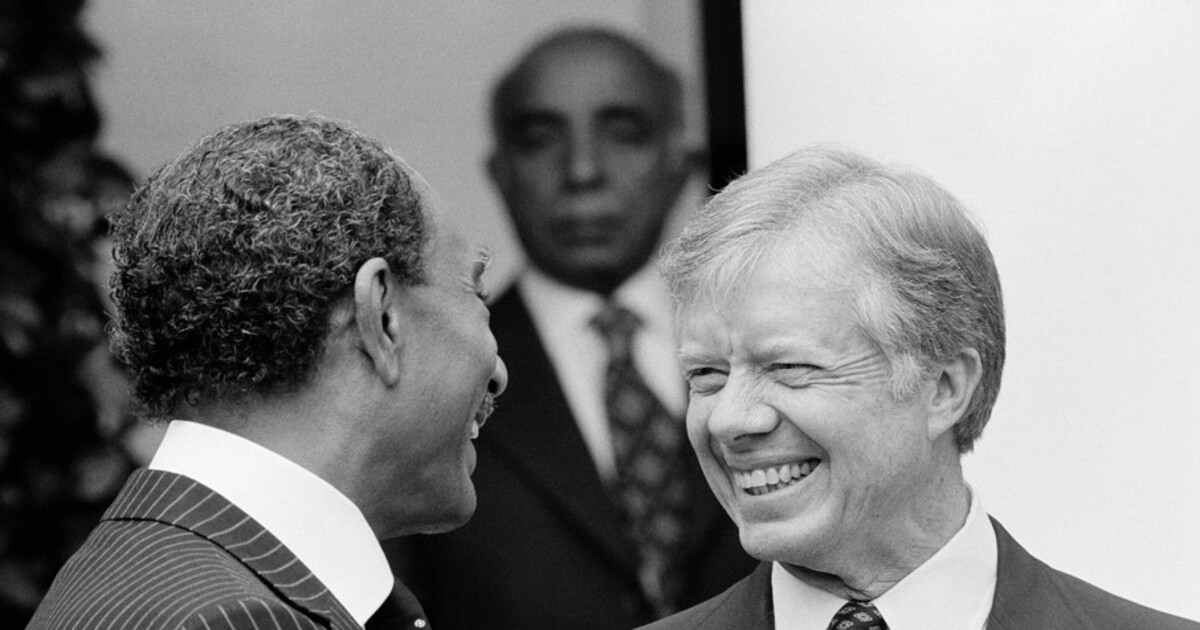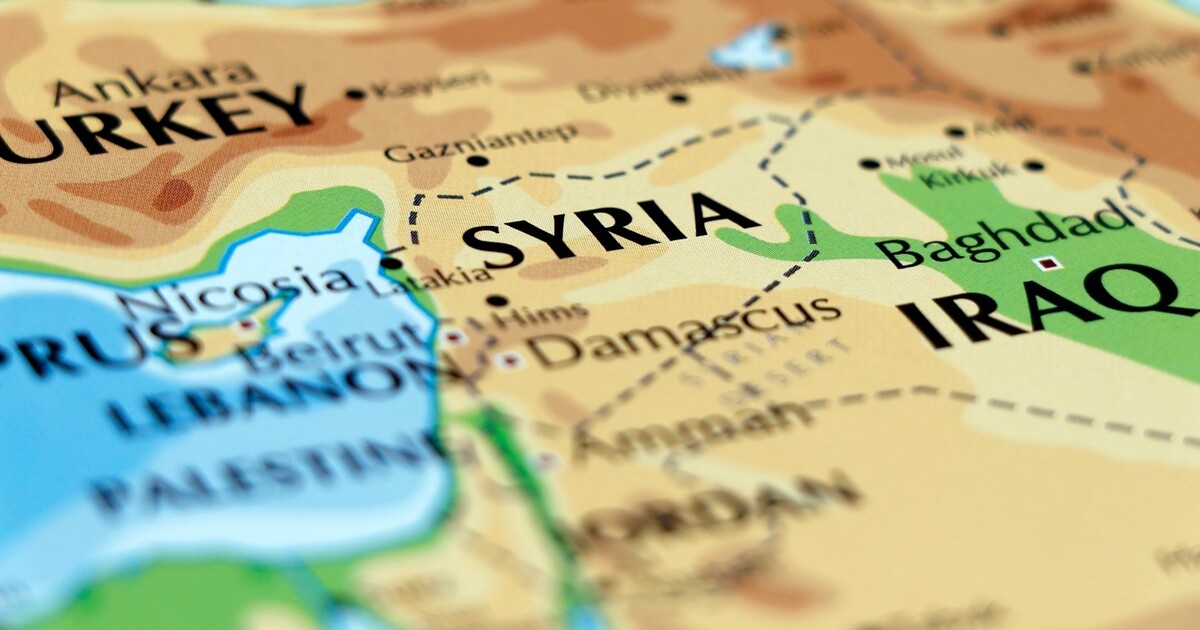Jimmy Carter RIP At 100: Read My Lips
Did former U.S. President Jimmy Carter achieve his political ambitions only after his presidency?
December 30, 2024

When Jimmy Carter, who turned 100 on October 1, 2024, left the White House in 1981, many people regarded him as a failure. His single term in office was rife with economic and political crisis. Yet, since that time, he has made a remarkable political comeback on the global stage. Our Read My Lips feature examines President Carter’s path to to winning the 2002 Nobel Prize for Peace.
Mr. President, how did you manage to remain an active global politician?
“I decided to capitalize on the influence I had as the former president of the greatest nation of the world — and decided to fill vacuums.”
(Former U.S. President Jimmy Carter, October 2002)
What makes you worry about human rights in your own country?
“Formerly admired almost universally as the preeminent champion of human rights, our country has become the foremost target of respected international organizations concerned about these basic principles of democratic life.”
(September 2002)
How would you summarize your idea of human rights?
“My concept of human rights has grown to include not only the right to live in peace, but also to adequate health care, shelter, food — and to economic opportunity.”
(October 2002)
Why is that?
“If you’re totally illiterate and living on one dollar a day, the benefits of globalization never come to you.”
(February 2001)
What makes people perceive globalization in so many different ways?
“I think that globalization, as defined by rich people like us, is a very nice thing, because you’re talking about the Internet, about cell phones, about computers. This doesn’t affect two-thirds of the people in the world who are living on less than $2 a day. They are never touched positively by globalization.”
(February 2001)
On what should today's leaders focus the most?
“Perhaps the most important challenge for the new century is to share wealth, opportunities and responsibilities between the rich and the poor — for a world where the chasm between rich and poor grows wider will be neither stable nor secure.”
(February 2002)
How did the U.S. economic slowdown affect social benefits?
“In the ancient civilizations — that is, the ones that existed 10(!) years ago or older — there was a built-in social status for workers so that they were protected in their jobs. Those protections are now gone.”
(February 2001)
With your 1979 Camp David success in mind, how do you view the Middle East conflict today?
“Tragically, our government is abandoning any sponsorship of substantive negotiations between Palestinians and Israelis.”
(September 2002)
Finally, why did the Nobel committee choose Jimmy Carter?
“It should be interpreted as a criticism of the line that the current administration has taken. It’s a kick in the leg to all that follow the same line as the United States.”
(Gunnar Berge, chairman of the Nobel committee, October 2002)
Takeaways
"Perhaps the most important challenge for the new century is to share wealth, opportunities and responsibilities between the rich and the poor — for a world where the chasm between rich and poor grows wider will be neither stable nor secure."
